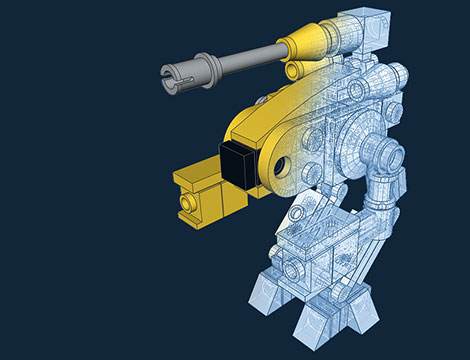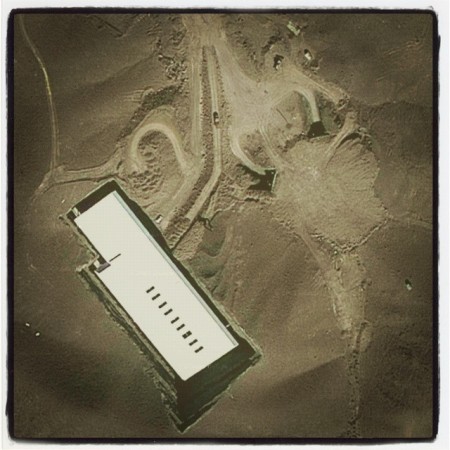
This article was originally published by the Centre for European Policy Studies (CEPS) in December 2016.
The security and defence of of the European Union touches on a core area of national sovereignty. Lack of political will and mutual trust among EU member states has long been an obstacle to achieving the treaty objectives and has blocked the framing of a policy that could lead to a common defence. In recent years, defence budgets all over Europe have been slashed in an uncoordinated manner, hollowing out most member states’ capabilities. For this reason, the leaders of the EU member states meeting at the December 2013 European Council decided to buck the trend. But delivery has lagged behind.
Tapping into the political momentum generated by the fraught security climate in and around Europe, the prospect of Brexit and the unpredictability injected into US foreign policy by the election of Donald Trump, the European Council has now endorsed a ’winter package’ to strengthen the common security and defence policy of the Union. It has urged speedy implementation by institutions and member states alike.

